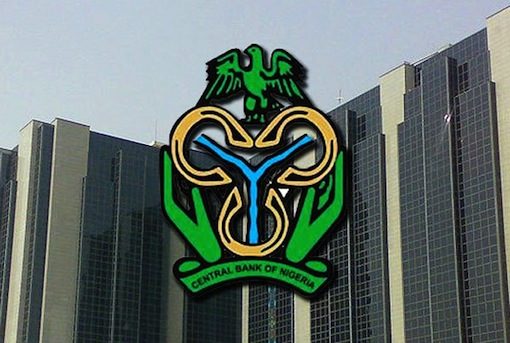Questions as controversies widens over CBN’s imposed 0.5% cybersecurity charges on all bank transactions

Four days after the Central Bank of Nigeria ordered banks operating in the country to start charge a cybersecurity levy on transactions, controversies trailing the order have widen even as questions over who benefit from the charges remain unanswered.
It would recalled that a circular from the apex bank on Monday disclosed that the implementation of the levy would start two weeks time.
The circular was directed to all commercial, merchant, non-interest and payment service banks, among others.
The circular revealed that it was a follow-up on an earlier letter dated June 25, 2018 (Ref: BPS/DIR/GEN/CIR/05/008) and October 5, 2018 (Ref: BSD/DIR/GEN/LAB/11/023), respectively, on compliance with the Cybercrimes (Prohibition, Prevention, Etc.) Act 2015.
What is not clear is whether the charges will guarantee security of individual depositors from being hacked or defrauded by fraudster who are specialised in cybercrime and another concern comes on the heels of the fact that it is being enforced at a time the nation’s banking system is moving towards online transaction system.
It thus confirms the worries that whenever something becomes a must-do responsibility for Nigerian public, the system as it is now clear and fellow citizens do things that make implementation of the responsibility uneasy for the people. If Nigerians are compulsorily required to adopt online banking transaction, the attitude that removes that seamless implementation of the policy should not be seen as coming from the government.
The DEFENDER gathered instance of helmet or motorcycle rider, which enforcement has yielded no good result in terms of compliance because at the point of making it compulsory, those who sell the item have made it scarce to inflate the cost in the market especially in Lagos and South West Nigerian axis.
During Coronavirus pandemic period that use of facemask became officially compulsory for human protection in the war against the dreaded disease, attitude of some government officials and people selling in the streets showed an exploitation of the condition to maximise self interest thus hiking the price that Nigerians bought the essential item despite that many private organisations produced and distributed at their own limited level within their own reach.
The current development where the government itself is considering this unprecedentedly very difficult time in the life of good people of the country has, similarly, been viewed as one by which a deliberate attempt is being made to further harden the welfare condition of the people through what they see as the system coming out to fleece the already impoverished people.
The recent public engagements by the Office of the National Security Adviser on the above subject, also refers, a PUNCH report said.
Following the enactment of the Cybercrime (Prohibition, Prevention, etc) (amendment) Act 2024 and under the provision of Section 44 (2)(a) of the Act, a levy of 0.5 per cent (0.005) equivalent to a half percent of all electronic transactions value by the business specified in the Second Schedule of the Act, is to be remitted to the National Cybersecurity Fund which shall be administered by the Office of the National Security Adviser.
According to the report, the CBN said that all banks, other financial institutions and payment service providers are now required to implement the directive, saying, “The levy shall be applied at the point of electronic transfer origination, then deducted and remitted by the financial institution. The deducted amount shall be reflected in the customer’s account with the narration, ‘Cybersecurity Levy’.
“Deductions shall commence within two weeks from the date of this circular for all financial institutions and the monthly remittance of the levies collected in bulk to the NCF account domiciled at the CBN by the fifth business day of every subsequent month.”
Exempted from the levy include loan disbursements and repayments, salary payments, intra-account transfers within the same bank or between different banks for the same customer, intra-bank transfers between customers of the same bank.
Also exempted from the levy were inter-branch transfers within a bank, cheque clearing and settlements, Letters of Credits, Banks’ recapitalisation-related funding only bulk funds movement from collection accounts, savings and deposits including transactions involving long-term investments, among others.
The CBN, in recent times, has been making an effort to sanitise the financial sector. It recently issued a directive which barred fintechs from onboarding new customers.
The fintechs have in turn warned their customers against engaging in crypto transactions on their platforms.
This also comes barely a week after the Federal Government had directed Deposit Money Banks to immediately begin the deduction of 0.375 per cent stamp duty charge on all mortgaged-backed loans and bonds.









